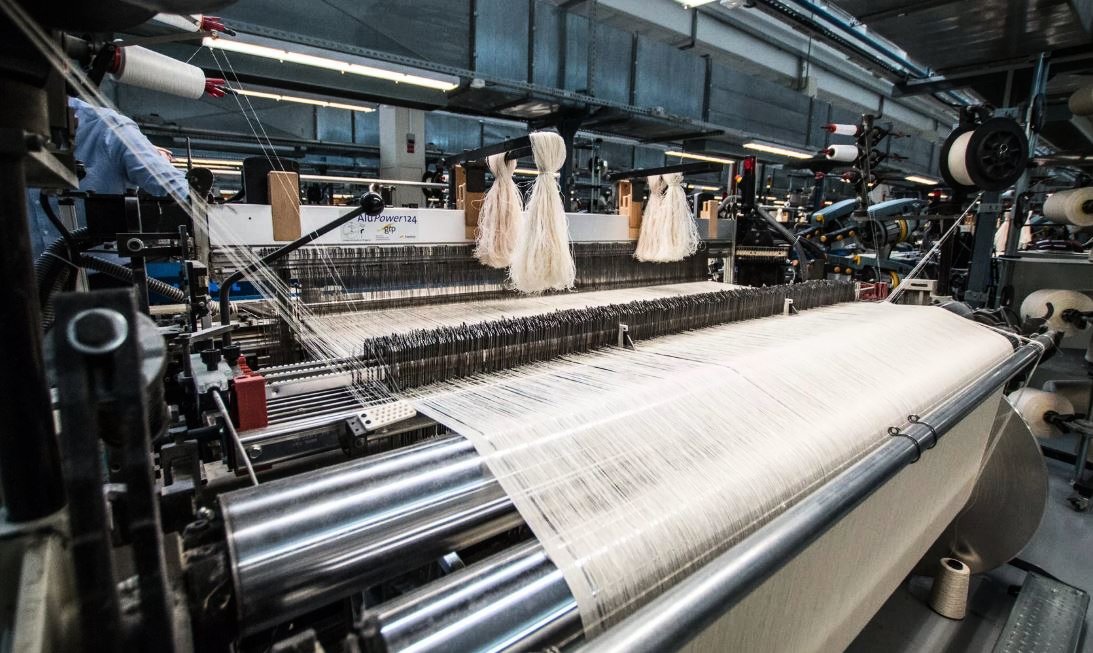Product Description
About this DIY Kintsugi Repair Kit
This DIY Kintsugi Repair Kit has everything that you need to fix broken pottery. Kintsugi Repair is a form of Japanese art, not just a DIY repair method. Kintsugi (also known as Kintsukuroi) literally translates as “golden joinery”. Kintsugi repair has a long history which was practiced by our ancestors from Edo era (year 1603–).
The technique used is a strong lacquer resin that has been sprinkled with powered gold. With our DIY Kintsugi kit, you will repair in a traditional method using real Urushi lacquers without any artificial materials like glue. With the Kintsugi Repair Kit, it is possible to effectively repair damaged pottery/porcelain. The resulting repaired pottery will be both visually appealing and durable as well.
The Japanese have been using lacquering techniques for approximately 9,000 years, and this skill and art form is still valued to this day. Try it for yourself, and you will discover that Kintsugi can be both relaxing and rewarding. With this kit, you can repair dozens of broken potteries, or break them on purpose just to decorate them! Now with our easy-to-read English instruction manual, anyone can make beautiful kintsugi-art! Urushi lacquer is heatproof up to 100 to 120 Celsius.
Caution: Urushi lacquer is actually the sap of a tree that grows in East Asia. It is a natural substance that forms a clear, hard and waterproof surface when dried properly. Although Urushi contains a compound that can cause a reaction similar to poison ivy, proper handling (gloves and long-sleeve shirt), and working in a well-ventilated area will generally prevent an allergic reaction. Oishya will not assume any liability for adverse reactions to Urushi. How to Kintsugi: DYI tutorial
About the art of Kintsugi
The Japanese art of kintsugi teaches that broken objects, especially porcelain are not something to hide but to display with pride and we wanted to remind that to everyone.
When a bowl, teapot or precious vase falls and breaks into a thousand pieces, we throw them away angrily and regretfully. Yet there is an alternative, a Japanese practice that highlights and enhances the breaks thus adding value to the broken object. It’s called kintsugi (金継ぎ), or kintsukuroi (金繕い), literally golden (“kin”) and repair (“tsugi”).
This traditional Japanese art uses a precious metal – liquid gold, liquid silver or lacquer dusted with powdered gold – to bring together the pieces of a broken pottery item and at the same time to enhance the breaks. The technique consists of joining fragments of porcelain and giving them a new, more refined aspect. Every repaired piece is unique, because of the randomness with which ceramics shatters and the irregular patterns formed that are enhanced with the use of metals.











































